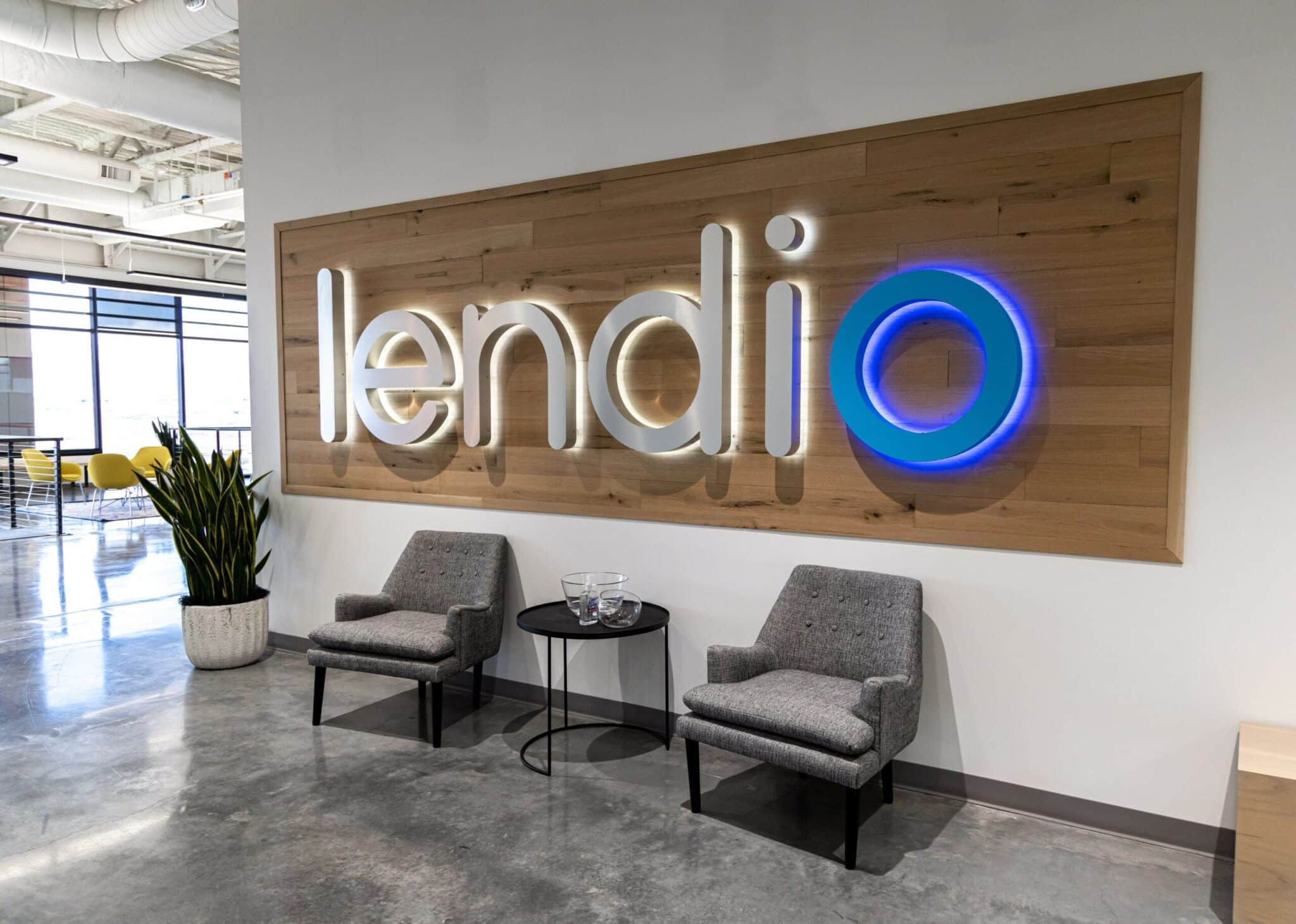Lendio Franchise FDD, Profits & Costs (2025)

Founded in 2011 in Utah, Lendio is a top online marketplace that links small business owners with a broad array of lenders, providing tailored financing solutions. In 2017, Lendio initiated a franchising program, allowing entrepreneurs to manage local branches that deliver personalized lending services to their community businesses.
By 2019, Lendio had expanded its franchise network to 67 territories in the U.S., with 33 franchise owners who facilitated over $40 million in loans to local enterprises, demonstrating Lendio’s dedication to supporting small businesses across the nation.
Lendio stands out from its competitors by offering a wide selection of financial products through its vast network of over 75 lenders, enabling franchisees to meet the specific financing requirements of small businesses in their areas.
Lendio continues to provide franchising opportunities within the U.S., inviting entrepreneurs to join its mission of fueling the American Dream by enhancing small businesses’ access to capital.
Initial Investment
How much does it cost to start a Lendio franchise? It costs on average between $46,000 – $117,000 to start a Lendio franchised center.
This includes costs for office setup, technology, marketing materials, and initial operating expenses. The exact amount depends on various factors, including the size of the territory, the local market conditions, and whether the franchisee chooses to rent or purchase office space.
| Type of Expenditure | Amount |
|---|---|
| Initial Franchise Fee | $34,500 to $46,000 |
| Opening Kit | $1,500 to $7,500 |
| Rent – 3 months | $0 to $9,000 |
| Utility & Security Deposits | $0 to $1,000 |
| Leasehold Improvements | $0 to $5,000 |
| Furniture and Fixtures | $0 to $2,500 |
| Computer System, Equipment & Supplies | $1,000 to $7,500 |
| Business Licenses | $250 to $2,500 |
| Legal and Accounting Fees | $1,000 to $2,500 |
| Initial Marketing Expenditures | $3,000 to $12,000 |
| Insurance | $1,000 to $1,500 |
| Technology Fees – 3 months | $900 |
| Travel Expenses for Initial Training | $1,000 to $7,200 |
| Additional Funds – 3 months | $1,500 to $12,000 |
| TOTAL | $45,650 to $117,100 |
Lendio Franchise Disclosure Document
Frequently Asked Questions
How many Lendio locations are there?
As of the latest data, Lendio operates 117 franchised units. There are no company-owned units.
What is the total investment required to open a Lendio franchise?
The total investment required to open a Lendio franchise ranges from $46,000 to $117,000.
What are the ongoing fees for a Lendio franchise?
For a Lendio franchise, the ongoing fees include a royalty fee of 8% and a marketing fee of 2%. These fees are essential for leveraging the franchisor’s brand and support, as well as for driving marketing and promotional efforts across the network.
Who owns Lendio?
Lendio is a privately held company founded in 2011 by Brock Blake and Trent Miskin. Brock Blake serves as the CEO, while Trent Miskin holds the position of Chief Technology Officer. As a private entity, Lendio’s ownership structure includes its founders, key executives, and private investors.
Disclaimer
Disclaimer: This content has been made for informational and educational purposes only. SharpSheets is an independent educational resource and is not affiliated with, endorsed by, or representing any franchisor mentioned on this website. Where noted, figures are taken from the franchisor’s Franchise Disclosure Document (FDD). In some cases, we may provide independent calculations or estimates based on publicly available information. We do not make any representation or warranties with respect to the accuracy, applicability, fitness, or completeness of the information presented in the article. You should not construe any such information or other material as legal, tax, investment, financial, or other professional advice. Nothing contained in this article constitutes a solicitation, recommendation, endorsement, advertisement, or offer to buy or sell any franchises, securities, or other financial instruments in this or in any other jurisdiction in which such solicitation or offer would be unlawful under the franchise and/or securities laws of such jurisdiction.
All content in this article is information of a general nature and does not address the detailed circumstances of any particular individual or entity. Nothing in the article constitutes professional and/or financial and/or legal advice, nor does any information in the article constitute a comprehensive or complete statement of the matters discussed or the law relating thereto. You alone assume the sole responsibility of evaluating the merits and risks associated with the use of any information or other content in this article before making any decisions based on such information or other content.




